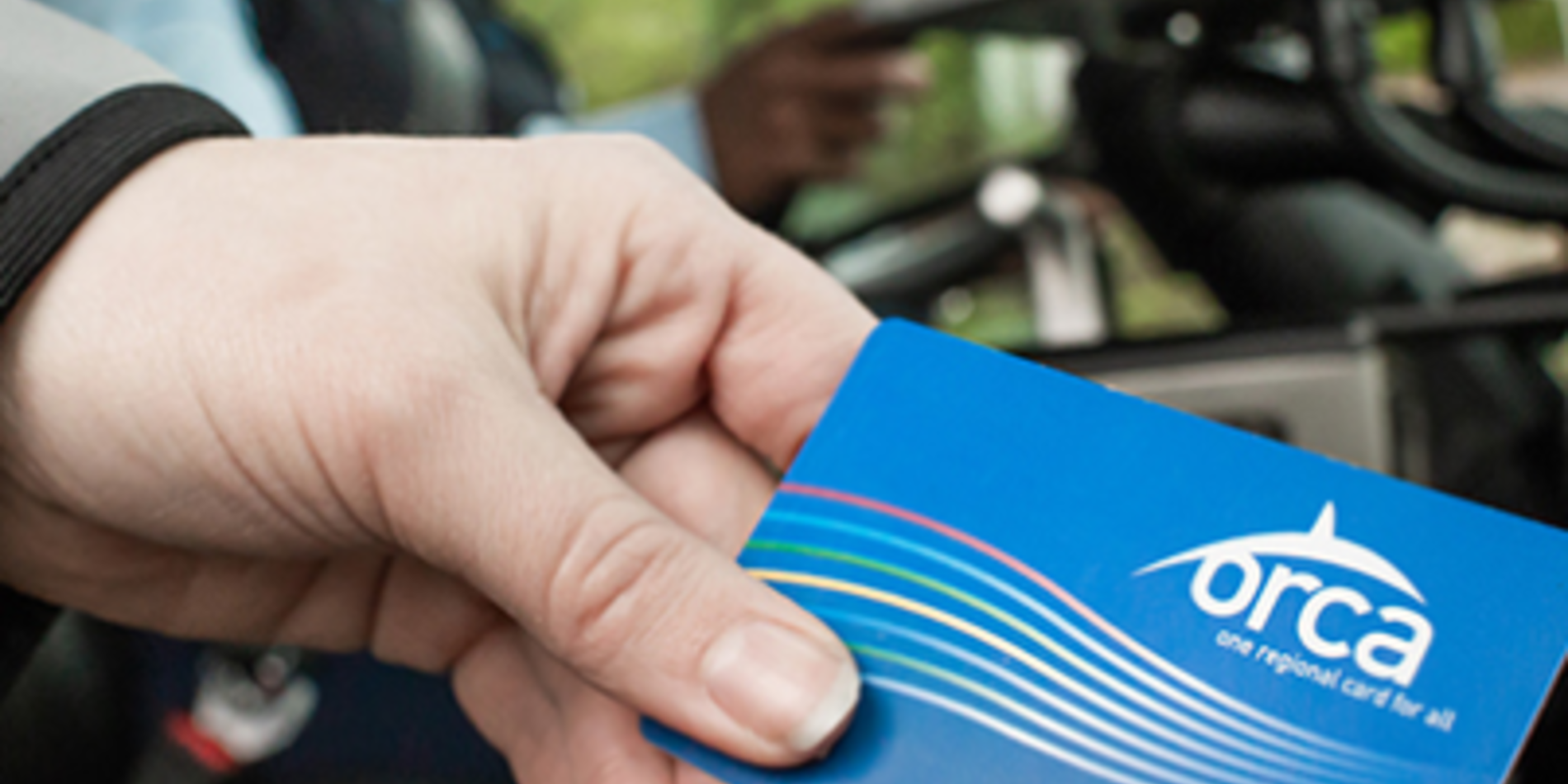Causal Inference for Social Impact Lab’s Data Challenge
How do researcher decisions affect policy evaluations?
Why join? Challenge Timeline How to join? About CISIL
Why Join the CISIL Data Challenge?
The questions matter!
Submitted analyses will be provided to King County policymakers to help inform their transportation equity policies and interventions.
The data challenge questions come from King County policymakers and are typical of questions in evidence-informed public policy evaluations that are growing in prevalence in the USA and around the world. King County Metro operates one of the largest transit systems in the country and their work is closely followed by other jurisdictions. Results from the Data Challenge will be useful not only in King County but will also be presented in national transportation policy-making forums.

Fare Reinstatement
Metro decision-makers would like to learn about the impact of fare suspension and reinstatement, especially on subgroups of the population who have been historically marginalized.
The CISIL Data Challenge will help researchers and policy makers learn about the relationships between researchers’ analytic decisions and the causal inferences made for evidence-informed policy.
During the challenge, different teams of academics will receive the same dataset and answer the same two research questions, using any research design of their choice. The questions and data come directly from King County’s (Seattle, WA) Metro Transit Department (“Metro”), our local government partner for this challenge.
All answers to the questions will be presented to policy makers at King County, and the questions are ones of immediate importance to ongoing decision making and policy design in King County that impacts equitable community outcomes.
Once all teams submit their analyses, experts in causal inference and statistics will evaluate and synthesize the results for peer-reviewed publication on how researcher decisions impact causal inference. As well, we will compile results for presentation to policy makers. Each team’s submission therefore has two equally important features: the statistical design and operating characteristics of the estimators and tests used for causal inference, and the ease of use and clarity in presentation of results for policy makers.
The data challenge is one strategy to advance CISIL’s objective to improve the use of causal inference in learning and policy making that influences positive impact for communities throughout the United States.
Challenge Timeline
The data challenge is one strategy to advance CISIL’s objective to improve the use of causal inference in learning and policy making that influences positive impact for communities throughout the United States.

How to join the CISIL Data Challenge?
Teams will be invited to participate based on their ability to meet the following criteria:
- At least one member of the team holds a Ph.D. in a relevant discipline or has 2 or more years of work experience in conducting policy evaluations.
- The team commits to using R, Python, Stata to conduct their analyses.
- The team commits to completing and submitting their analyses by the Data Challenge deadlines.
- Teams commit to providing the code required to reproduce their analytic results to the CISIL Staff and to advising the CISIL Staff on questions about the code and results as we work to reproduce those results.
About CISIL
Several structural barriers make it difficult for government policymakers and academic researchers to engage collaboratively in evidence-informed policymaking. These include a lack of common language for discussing programs, limited methodological strategies for establishing causation without randomized control trials (RCTs), and data-sharing restrictions. The Causal Inference for Social Impact Lab (CISIL) finds solutions to these barriers and enhances academic-government collaboration to increase positive community impacts.
The Lab is led by 2018-19 CASBS fellow Jake Bowers, 2017-18 CASBS fellow Carrie S. Cihak, and CASBS program director Betsy Rajala.
CISIL is supported by SAGE Publishing, the Knight Foundation, and the Alfred P. Sloan Foundation.

